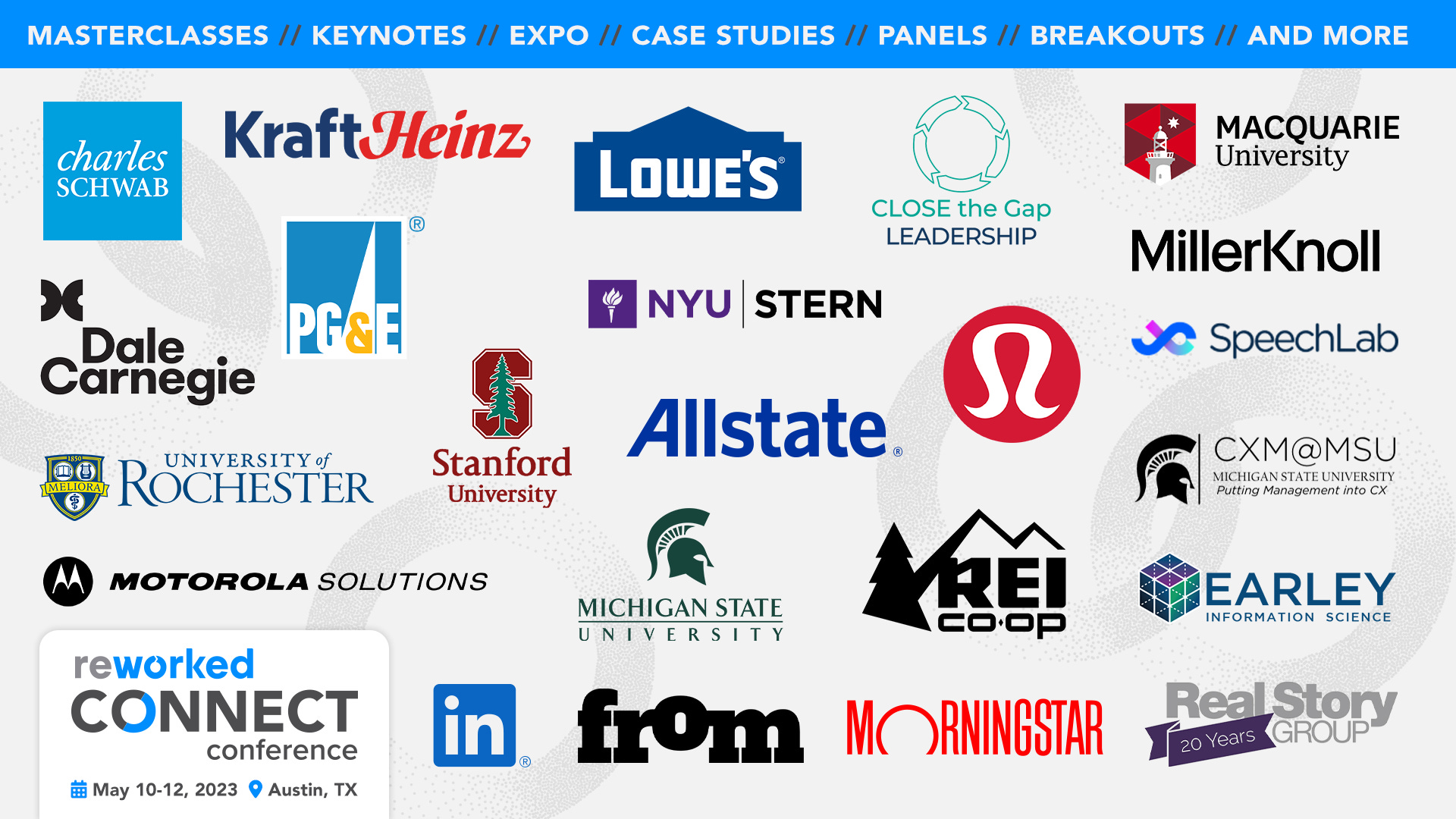|
How AI Chat Will Make Money (Outside Of Ads)
APIs, plugins, data licensing, and subscriptions may supplement advertising — or supplant it — in the chatbot business model.
There’s a certain — very passionate — group of people on the internet who believe AI chatbots should make their money from advertising. I know this because I heard from them this week after I suggested chat would need a different business model. For five days running, my slander of advertising (which I generally like and run in this newsletter) has led to a flood of comments questioning my aptitude and sanity. One person showed me ChatGPT could suggest Taco Bell Crunchwraps as you searched for information on Turkmenistan. Thanks?
For any new technology, it’s always difficult to transpose old business models directly onto the new experience, and AI chat is no different. While it’s possible advertising will play a role in its future, ads represent only a fraction of the opportunity and are poorly suited for the interface. APIs, plugins, data licensing, and subscriptions will likely take precedence and leave ads behind. Here’s why:
Advertising
Advertising is a good way to make money when you build an audience, and chatbots have done that. ChatGPT took just two months to reach 100 million users. But AI chat works because it feels like a conversation with another being, not a computer, and ads spoil that experience. Steve Jobs, while developing Siri, refused to build thumbs up or down feedback buttons into it because he feared breaking the illusion. Siri has struggled since Jobs’ death, but his intuition was right.
Speaking with a computer in natural language only to have it pitch you something mid-conversation is unsettling. You probably wouldn’t keep a friend around who did that. And you likely won’t keep bots around who do it, either. Bots could place ads on the side of the conversation instead, changing with the context of the dialogue. But environment matters when you’re having a conversation, and such a move could cheapen it.
AI chatbot developers’ enthusiasm for advertising seems muted so far. Bing has run some advertising within its chatbot, but it’s been limited. Google declined to comment on whether it intends to put ads in Bard. An OpenAI spokesman emailed, “No plans to put ads in ChatGPT.”
APIs
If Google, Microsoft, and OpenAI rely on ads to make money from their chatbots, the expensive processing power they’d need to operate them would eat into their margin. Getting other companies to pay for the processing power is a better option. So, they’re making it available via APIs to allow anyone to build generative AI experiences, similar to the cloud services model. The trio above built their consumer chatbots, in part, to advertise their APIs.
Plugins
Instead of paying to access a chatbot’s audience via ads, companies will pay to become part of its experience via plugins. Kayak, for instance, is working with OpenAI on a plugin that helps you find flight information within ChatGPT. Instead of interruptive advertising, plugins will build the web into the chatbots, allowing users to complete tasks within them. One day, the bots might get so good they disintermediate some of their partners. In the meantime, they’ll cash in with plugins.
Subscriptions
People are willing to pay for faster, better versions of these bots, another key source of revenue. In February, OpenAI introduced its premium ChatGPT Plus subscription, which gets you answers powered by its most powerful model, GPT-4, for $20 per month. Demand for ChatGPT Plus has been so healthy that OpenAI temporarily paused upgrades. Google and Microsoft have experience offering free tools with paid upgrades, and they may not be far behind.
Data Licensing
The most concerning potential business model for these companies involves licensing the data they collect when we speak with their bots. Having a conversation with someone gives you a much better understanding of their wants and needs than simply listening to them type a few words into a search bar. This data could be extremely valuable for all sorts of businesses and even creepier than the typical ad tracking on the internet today. Should these companies get into data licensing, it would be a scandal waiting to happen. None have seemed inclined to go this direction… yet.
Bottom Line
AI Chatbots won’t necessarily go ad-supported simply because many online businesses run on advertising. Ads may factor, but there are enough other natural sources of revenue that advertising may fade into the background as APIs, plugins, and subscriptions take hold. If I’m wrong, I’ll eat my words and, I guess, a Crunchwrap Supreme in Turkmenistan.
CONNECT with Me, Scott Galloway, LuluLemon, Schwab, Gatorade & More in Austin, TX — May 10-12 (sponsored)
Join Alex Kantrowitz (that’s me!), Scott Galloway, and brand leaders from Schwab, LuluLemon, JPMorgan Chase, Gatorade, American Airlines, Lowe's, MetLife, Pfizer, Allstate, and more at the upcoming CONNECT conference in Austin, Texas as we discuss the future of customer and employee experience.
We will also explore how leading brands and tech giants are leveraging AI and LLMs to stay ahead of the curve and developing a roadmap for delivering and providing superior customer and employee experiences (explore the conference).
(Get 35% off with code: BIGTECH322)
What Else I’m Reading, Etc.
Why everyone seems to be searching for a new social platform [Kyle Chayka Industries]
Snap veteran says social media is destined to die [The Verge]
Google merges Brain and Deepmind [WSJ] [My CNBC appearance]
Meta is slowing hiring [WSJ]
Slander on Facebook contributed to a professor’s death in Ethiopia [Insider]
Elon Musk offered LeBron James a free Twitter Blue account [The Verge]
Shaq finally got served in a lawsuit against FTX celeb endorsers [CNN]
SpaceX’s massive rocket exploded but offered valuable lessons [New York Times]
Fred again.. Tiny Desk concert [YouTube]
See a story you like? Tweet it with “tip @bigtechnology” for consideration in this section.
Number Of The Week
-19.71%
BuzzFeed stock drop on Thursday after the company announced it was shuttering its news division amid broader layoffs across its workforce.
Quote Of The Week
The site feels a little emptier, though certainly not dead. More like the part of the dinner party when only the serious drinkers remain. Whiskey is being poured into wineglasses, and the cheese plate has become an ashtray. It’s still a great time — indeed, it’s a little looser — but it also feels as if many of us are just avoiding the inevitable. Eventually, we’ll scrape the plates, load the dishwasher and leave the pans to soak.
Writer Willy Staley on Twitter’s vibe these days.
Advertise with Big Technology?
Advertising with Big Technology gets your product, service, or cause in front of the tech world’s top decision-makers. To reach 125,000+ plugged-in tech insiders, reply to this email or write alex.kantrowitz@gmail.com
This Week On Big Technology Podcast: The Taiwan Semiconductor Dilemma — With Congressman Ro Khanna
Congressman Ro Khanna represents California's 17th congressional district. He joins Big Technology Podcast fresh off a visit to Taiwan, where he visited with Taiwan Semiconductor leadership and Taiwan government officials. In this episode, we discuss TSMC's strategic importance to the global economy, the prospect of conflict in Taiwan, and the U.S. effort to build manufacturing capacity at home. Stay tuned for the second half where we discuss why Big Tech regulation has stalled, the latest on TikTok, SVB, and plenty more.
You can listen on Apple, Spotify, or wherever you get your podcasts.
Thanks again for reading. Please share Big Technology if you like it!
And hit that Like Button, which I promise is not a chatbot monetization scheme.
My book Always Day One digs into the tech giants’ inner workings, focusing on automation and culture. I’d be thrilled if you’d give it a read. You can find it here.
Questions? Email me by responding to this email, or by writing alex.kantrowitz@gmail.com
News tips? Find me on Signal at 516-695-8680



